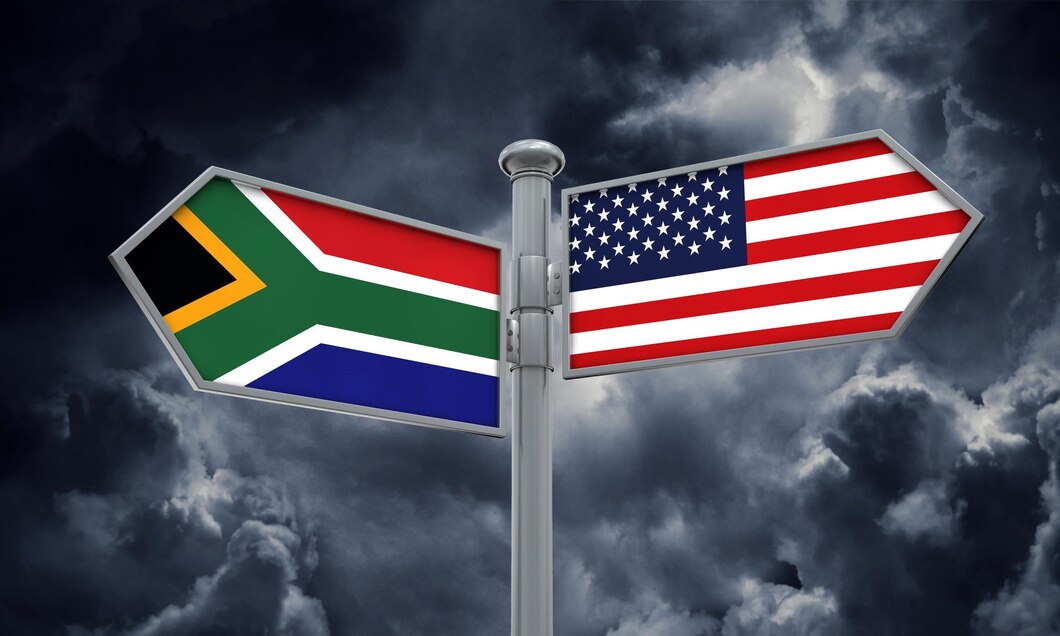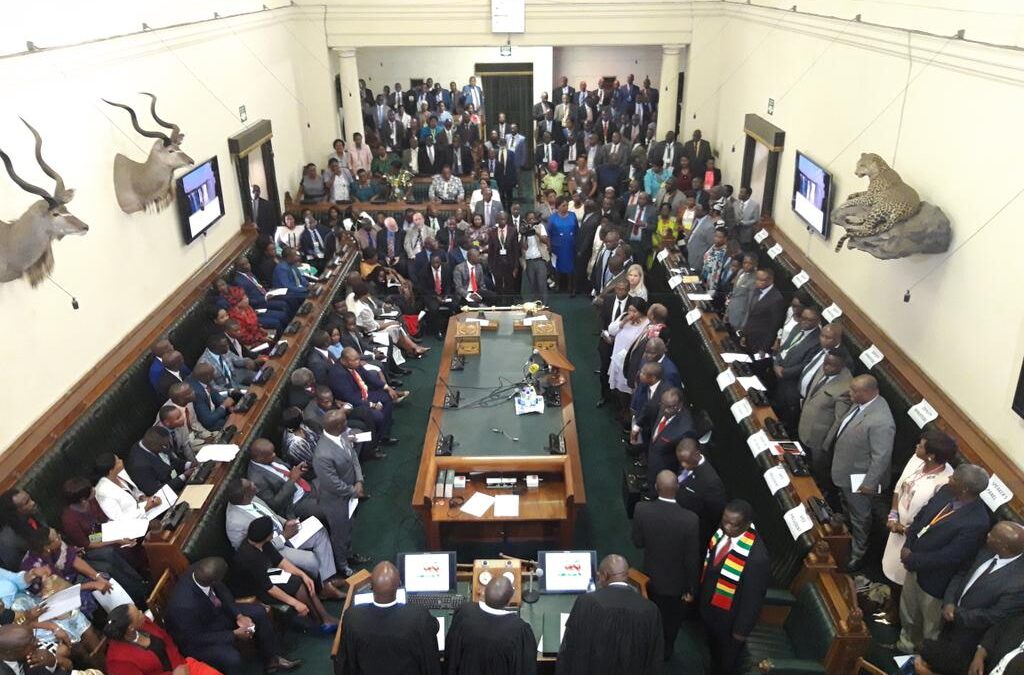As South Africa navigates the intricate landscape of international relations, it’s essential to exercise caution and sobriety, particularly when dealing with the US and Israel. A head-on confrontation with the US would have far-reaching and devastating consequences for South Africa’s economic well-being.
The risks of confrontation are multifaceted and significant. Economic Sanctions, for instance, could be imposed by the US, crippling South Africa’s economy. The US has a history of using economic sanctions as a tool to assert its influence and protect its interests. South Africa cannot afford to risk being targeted by such sanctions, which would severely impact its economy, leading to widespread unemployment, poverty, and social unrest.
Furthermore, a confrontation with the US could lead to Trade Disruptions, affecting South Africa’s exports and imports. This would have a ripple effect on the entire economy, harming businesses, workers, and consumers. The trade relationship between South Africa and the US is significant, with the US being one of South Africa’s largest trading partners.
In addition, a deteriorating relationship with the US could deter investors, leading to a decline in Foreign Direct Investment. This would undermine South Africa’s efforts to promote economic growth and development, exacerbating the country’s economic challenges.
The lessons from Zimbabwe’s experience are stark and cautionary. Zimbabwe’s confrontation with the US and other Western nations led to economic sanctions, which had devastating consequences for the economy. South Africa must avoid falling into the same trap.
To navigate these challenges, South Africa should adopt a sober approach, characterized by:
Pragmatism: Prioritizing national interests while avoiding unnecessary confrontations with the US and Israel.
Diplomacy: Engaging in diplomatic efforts to resolve conflicts and address areas of concern.
Economic Diplomacy: Strengthening economic ties with other nations, reducing dependence on any single country or bloc.
Multilateralism: Engaging with international organizations and multilateral forums to promote South Africa’s interests and values.
South Africa’s recent decision to take Israel to the International Court of Justice (ICJ) on charges of genocide is a case in point. While the move has elicited polarized global responses, it highlights the need for South Africa to carefully calibrate its foreign policy approach.
In conclusion, South Africa must approach its dealings with the US and Israel with caution and sobriety. By adopting a pragmatic, diplomatic, and multilateral approach, South Africa can promote its national interests while avoiding unnecessary conflicts.





0 Comments